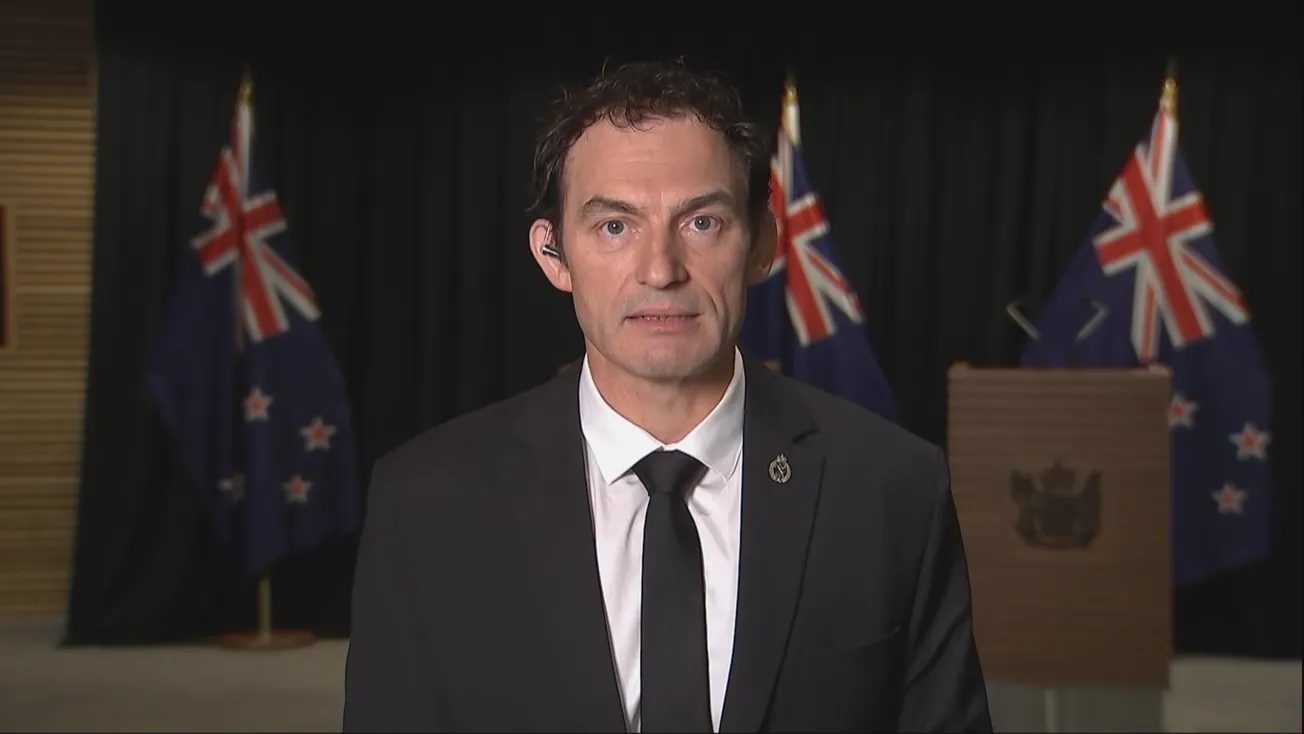Table of Contents
Despite rebuke and threat of prosecution given for his less serious first offence, Crown Law has been silent on the second, more severe, offence by Nash.
In 2020 Stuart Nash breached the cabinet manual in a radio interview when commenting on a case before the courts, intimating there should be a long prison sentence. What he was doing was thinking aloud, but that is prohibited in his role as minister.
We have now discovered that Crown Law intervened but stopped short of prosecuting, asking David Parker, the Attorney General, to censure him for ‘unacceptable comments’, which, remarkably, Nash ‘can’t remember’.
So far so secretive.
This obviously did not make much of an impression on Nash as he was vague about even having read the cabinet manual when asked in Gisborne during his mea culpa whilst receiving his final warning (which actually turned out to be his penultimate warning when another breach was discovered and Hipkins got creative).
In 2021 Nash stepped things up a bit – actually several notches of severity. Instead of just thinking aloud, he took action picked up the phone, called (his ‘mate’) the Police Commissioner and ‘chewed the fat’ suggesting the commissioner appeal a ruling on a court decision: interfering in police procedure and the judiciary. He took action to attempt to pervert the course of justice, a much more serious offence than thinking aloud on the outcome of a criminal’s trial.
First offence: a warning. Second offence: radio silence from Crown Law. No one from our media has questioned this silence by Crown Law since this story has come out, given they saw fit to intervene and threaten prosecution on a matter far less egregious: an opinion.
Surely if the first was a warning, should there not now be a prosecution (which was deferred last time), as Nash ramped it up and brashly interfered to persuade an official to pervert the course of justice, then:
- boasted to media about phoning the official,
- failed to see he had breached the rules,
- refused to apologise and doubled down, and
- insisted it was not against the law as he was talking to a ‘mate’.
A third offence also involved intervening, this time with a government department to attempt to change a decision regarding an immigration matter. Here Hipkins got creative, produced another chance out of mid-air and dented his own credibility in the bargain.
Nash’s attempt to change a decision using his power of office is more serious than commenting. This adds to his culpability and demonstrates he is not fit to hold a minsterial warrant. Even the legacy media, who have a reputation for giving Labour ‘a second chance’, are outraged and gobsmacked at the weakness Hipkins is showing.
Is it not time for Crown Law to dispense with the threats and prosecute Mr Nash for his, at the very least, ‘unacceptable behaviour’? Or is Crown Law, like Hipkins, coy when faced with making an actual decision with far-reaching effects on its subject? Less bravery was required by Hipkins to remove Nash’s police portfolio, which has just given Nash less work to do whilst retaining all the baubles of office; and dropping cabinet ranking also changes nothing.
Thus far it is a case of three strikes and you’re not out.









